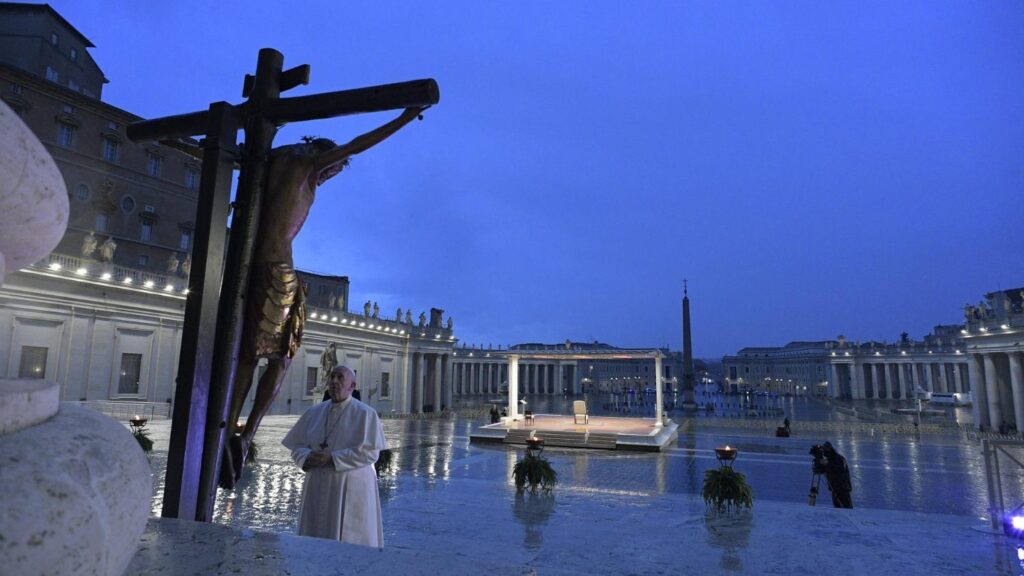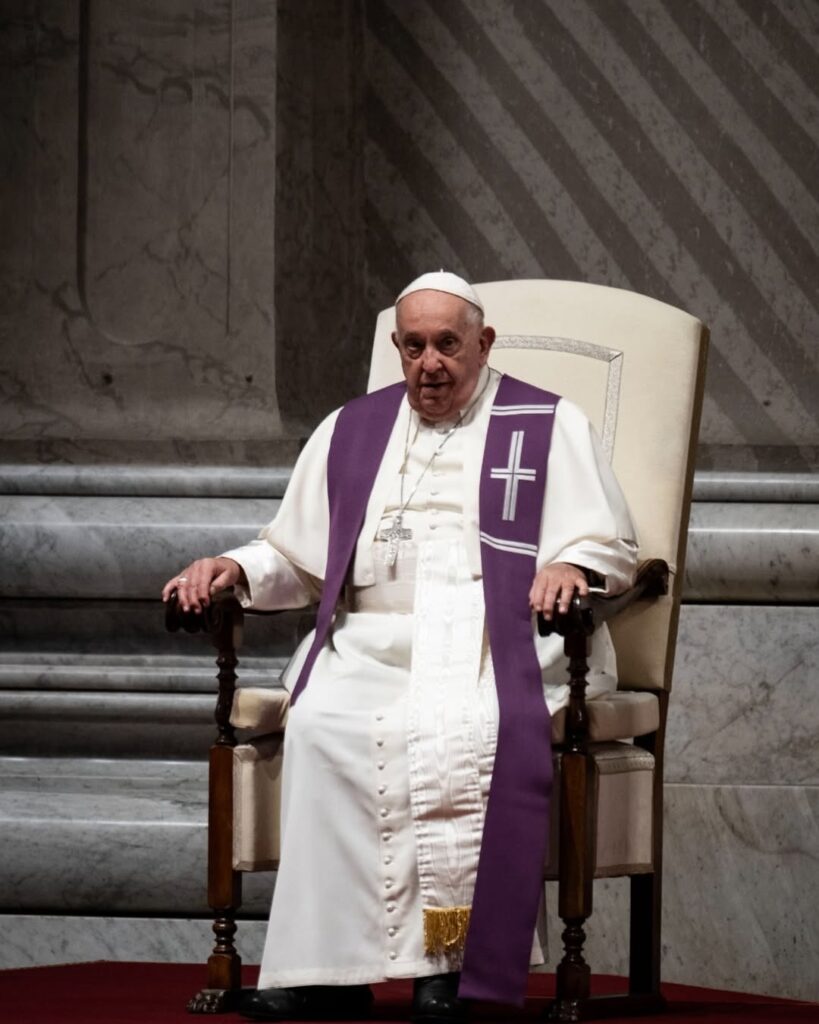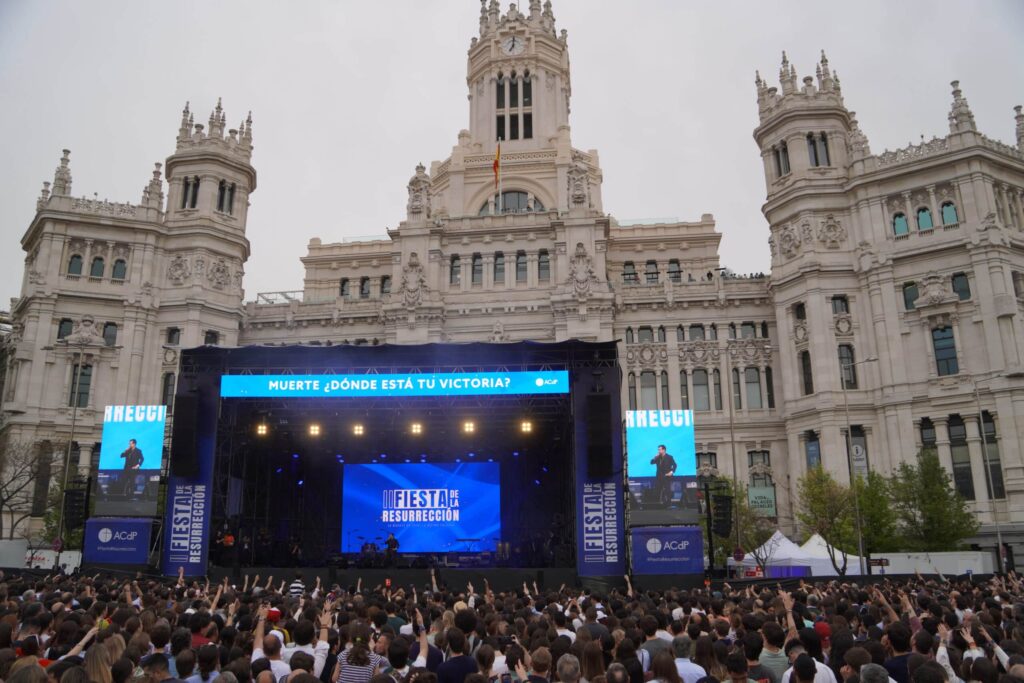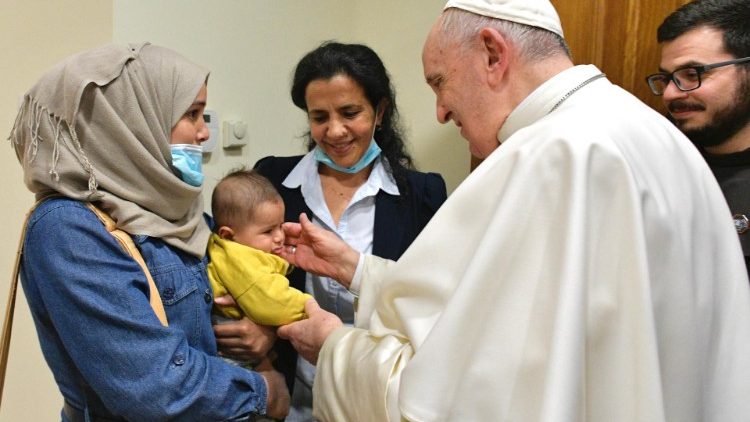The meaning of culture
Culture is a continuation of nature, which perfects and enriches the human being.

Culture, said Professor Leonardo Polo, is continuatio naturae (continuation of nature). In terms that are understandable to me, culture does not oppose nature, it continues it; Nor is it a prosthesis added to nature, it is a development of it. In some way it is life added to the life received. Like the human narrative itself, it has a beginning, a platform, an expression of the radicals of the human condition and from which the human being – with all his capabilities – deploys an endless number of artistic, literary, monumental, idiosyncratic creations; some more permanent than others.
With enthusiasm I read Antonio Monegal’s book Like the Air We Breathe. The sense of culture (Acantilado, 2022). It is a text written by an expert university professor on the subject. He dialogues with diverse authors and positions about what is said – and continues to be said – about culture and its meaning. The essay is extensive in matters related to culture: miscegenation, identity, nationalism, cosmopolitanism, globalization, difference, gender, politics. It defends culture for its own sake and not only for utilitarian or economic reasons; It is the same air we breathe. Monegal takes a position in this dialogue, opting for a broad vision of culture, without restricting it to the high or stellar moments of its expressions. “Culture, he affirms, is something we do together, just as politics is something we do together and not something for which a handful of professionals are responsible” (p. 151). With this generous breadth of vision, I dare to disagree with some aspects of his proposal.
I find a tone of suspicion in his proposal about cultural manifestations: dominant interests, capitalism, racism. It assumes that everything about gender is already defined by J. Butler’s position. Issue still open and present in the cultural debate. A vision of flowing culture: passing, passing and slipping. Furthermore, there is a big absence in Monegal’s vision of culture: religious culture. Only in passing does he allude to religion to foist wars and deaths on it. A true situation in some latitudes, but it does not exhaust the cultural wealth that has been imprinted in the history of many Latin American countries such as Peru, without ruling out Europe itself. We would not understand the ancient cultural wealth of our country without the great Andean cultural horizons and the contribution of the Peruvian religious baroque: a tangible and intangible cultural heritage that coexists in a great living synthesis as Víctor Andrés Belaunde said. Without denying the reductionisms that even exist among us, our cultural wealth – in all its areas – knows how to coexist with the differences of each region in an open and welcoming attitude, without the tense spirit that I seem to perceive in our author’s essay.
I am left, therefore, with the idea that culture is a continuation of nature, which perfects and enriches the human being. Not everything passes, there is also objectified human life that remains. There are cultural expressions that humanize, as there are those that dehumanize or deteriorate coexistence. Good culture, beautiful culture at the height of the human condition.
Related

Cardinal Felipe Arizmendi: With the Risen Christ, There Is Hope
Felipe Arizmendi
24 April, 2025
6 min

You Didn’t Give Up
Exaudi Staff
23 April, 2025
2 min

Sing, pray, give thanks
Mar Dorrio
23 April, 2025
2 min

Francis’s Legacy: The Church, a Field Hospital
Isabel Durán Doussinague
23 April, 2025
2 min
 (EN)
(EN)
 (ES)
(ES)
 (IT)
(IT)

